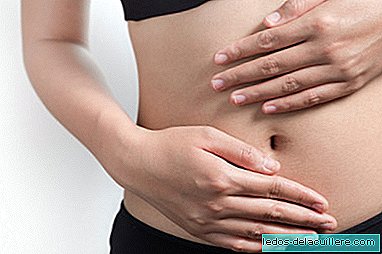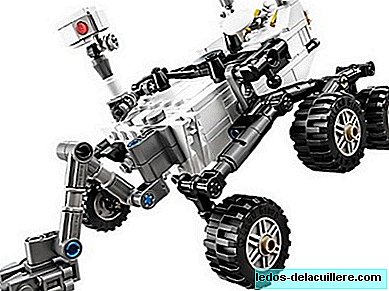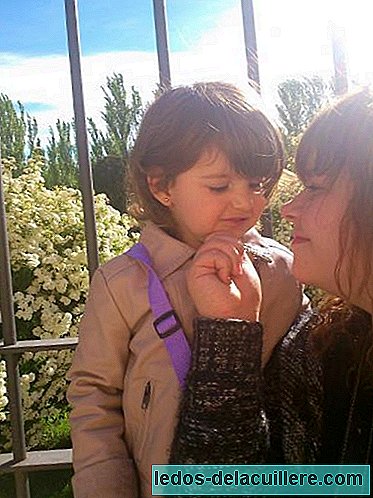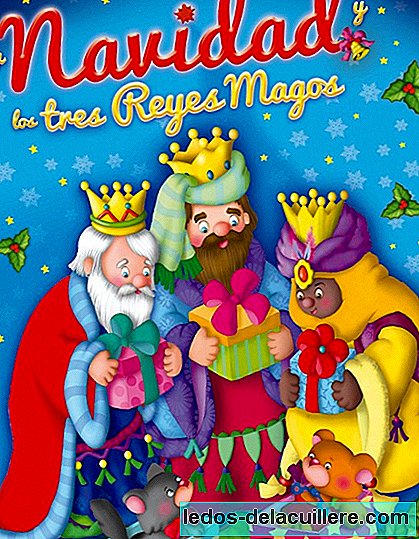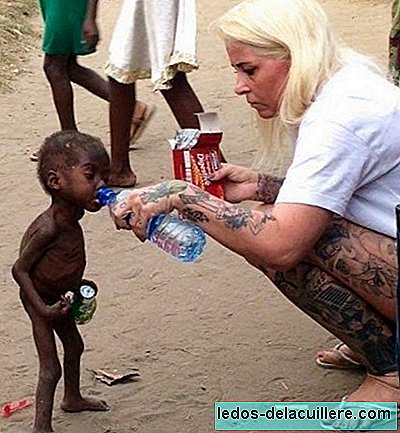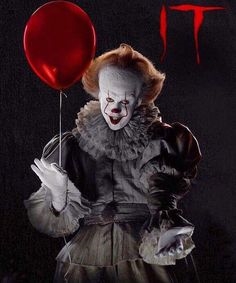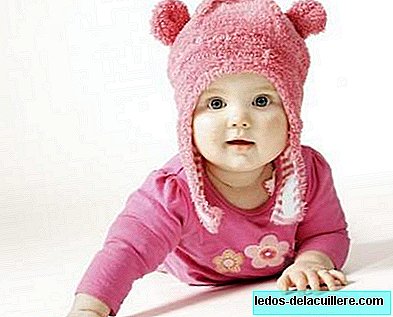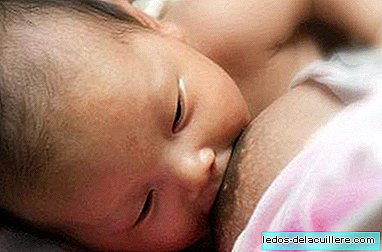
The truth is that the title I have given to this article may be chilling, but scholars who defend this hypothesis seem to have it very clear: the brain of the mother who does not breastfeed the newborn interprets that the baby has died.
Evolution has meant that mothers who give birth are naturally waiting for the newborn to get hooked to their breast. The hormones that are triggered in childbirth prepare her for it and, not breastfeeding the baby, causes the brain to receive natural signals that would be associated with the loss of the child, thus being able to trigger loss reactions.
By not breastfeeding or stopping early, the body and brain interpret (not consciously, but hormonally) that there has been a loss, because when a pregnant woman does not breastfeed in a natural state has had an abortion or the baby has died.
The evolutionary psychologist Gordon Gallup presented his research at the Convention of the Northeastern Evolutionary Psychology Society and published it in the journal Medical Hypotheses, noting, in addition, that more cases of postpartum depression were found in mothers who did not breastfeed in an investigation conducted, by what its clear recommendation is that the use of bottles in the maternity units is not favored by being able to increase the rates of postpartum depression.
Today we know that much of what happens in our brains is not purely rational, but is triggered by stimuli and hormones, so the hypothesis defended by Gallup, that the brain of the mother who does not breastfeed receives the message that she has lost her baby, could be true.


